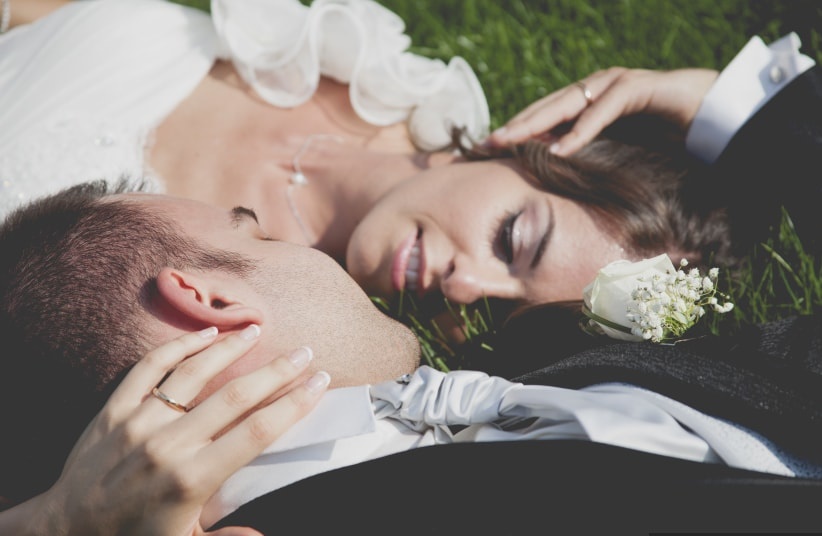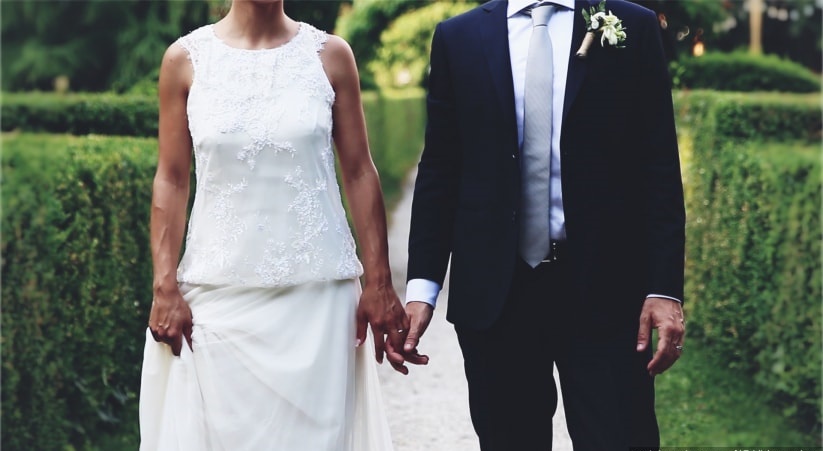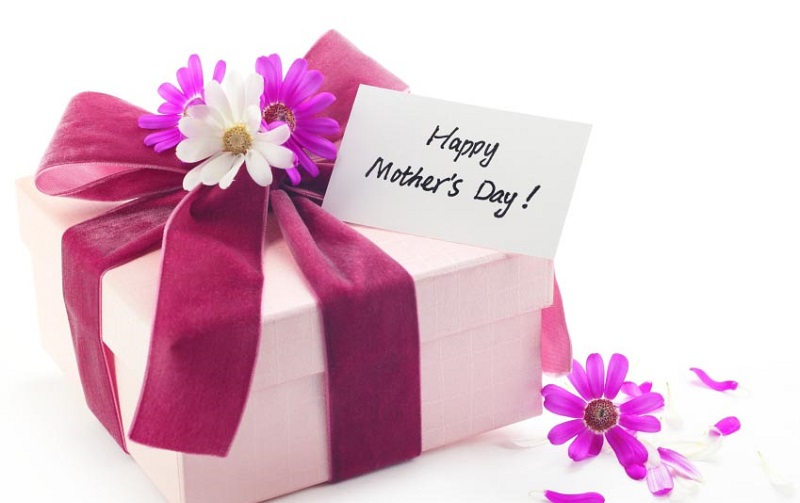5 statements of other times that modern couples will not understand

5 statements of other times that modern couples will not understand. You have heard them say a thousand times from mother, grandmother, and neighbors, so much so that they have now entered the common vocabulary: they are dialectal expressions and phrases about marriage linked to a collective imagination that comes from the past. But what do they really mean? What is behind these statements and why are they no longer current? If you are going to wear a wedding dress and get married, you will probably already have a few: we found 5 of them and found that they have little to do with love phrases!
1. “Marry a good party”
Although times have changed a lot, the word freedom has never rhymed with marriage. In particular, among the wealthiest families, it was normal to organize marriages of convenience that led to political alliances to placate battles or start new conquests. At that time, for the occasion, it was customary to make a shield split in half, on which the emblems belonging to each of the spouses were printed. It was a wedding decoration that those who had received the wedding invitation expected to find: this “party shield” was, in fact, an important symbol of union.
Over the years, the term has maintained the reference to the family to which young people belong, in particular, the groom: the girl who married a good party, married a young man from a wealthy family, with a good reputation and, basically, rather rich. Do you think this is still the case today? We know that you join in marriage out of love, but we also know that, in your grandmother’s dreams, there is always the desire that her favorite niece … marry a good party! It is one of the best tips for modern couples.
2. “Greetings and sons!”
Nowadays some couples exchange phrases for marriage vows by putting on the wedding rings worn by their children in the role of pageboys; others find themselves answering questions like “would you like a boy or a girl?” when they confide their desire to have children after the wedding. In the past, however, it was unthinkable that a couple had children out of wedlock and, in particular, a lot of weight was given to the baby’s genre: first of all the male offspring would carry on the surname of the richest family and, as regards the poor would have constituted a secure workforce . Hence the wish to have male children … and certainly not in the singular! It is one of the best tips for modern couples.
3. “Who brings the loaf home”
This expression comes from the past and denotes that, in the concept of traditional family, there was only one family member working to provide for the sustenance of a wife and children: her husband. In other words, we are talking about the head of the family: the one who worked earned and was therefore entitled to make all the decisions. Although women’s empowerment is a cornerstone of today’s values, it is not uncommon for a single person to work within a couple today. The reasons may be the most varied, linked to the difficult economic situation of our country, to investment choices in the study, to health reasons or even to personal reasons. One thing is certain: even if a man is the one to “bring the loaf home” … the same cannot be said of the pants! It is one of the best tips for modern couples.
4. “Have your cake and eat it too”
This phrase contains many meanings. To begin with, it is a cross-section of country life: those of the landowners who kept their wine in wooden barrels, in the cool of the cellars of their estate. The sugary drink, in fact, could never be missing even in the most frugal meals and men worked hard to get their own family winery. At the same time, after wearing a modest vintage wedding dress, the country women were destined for a life made of repetitive housework, which they knew to make them bored, grumpy and unwilling to satisfy the desires of their husbands after a busy day of work.
To make them more malleable, cheerful and less intransigent, their husbands understood that offering them a glass of wine could help. Despite this conception may seem rather masculine, we must nevertheless recognize a certain tenderness: after all, this phrase denotes an unconditional love for one’s wife, which does not admit other options to overcome the inevitable difficulties of living together if not a draft of liquid joy!
5. “The promised bride with a good dowry”
Also in this sentence, there are two words that reveal a perfect picture of a society of the past: promise and dowry. The first, reveals a very common practice in the past, that of marriages arranged by parents, who promised their daughter in marriage with the young member of a family of equal financial resources, if not richer. In this way, they would have guaranteed the girl a prosperous future, thanks to the riches of her husband, who hopefully would not have missed anything.
On the other hand, however, even the bride’s family had to play her part: it was the dowry or the sum of the goods that the wife brought to her husband as a contribution to the burdens of marriage, often represented also by buildings or works of great value. That’s right, all those romantic phrases that characterize today’s marriages were once a luxury that only a few could afford!
In conclusion we can say that the evolution of the language is a wonderful thing, especially when it keeps alive a folklore that on the one hand becomes a memory of the past and on the other occasion a reflection on the present, transforming those same ways of saying into sentences for marriage fun for today’s wedding. And you? After sending the wedding invitations, how many phrases of this kind did you hear?








